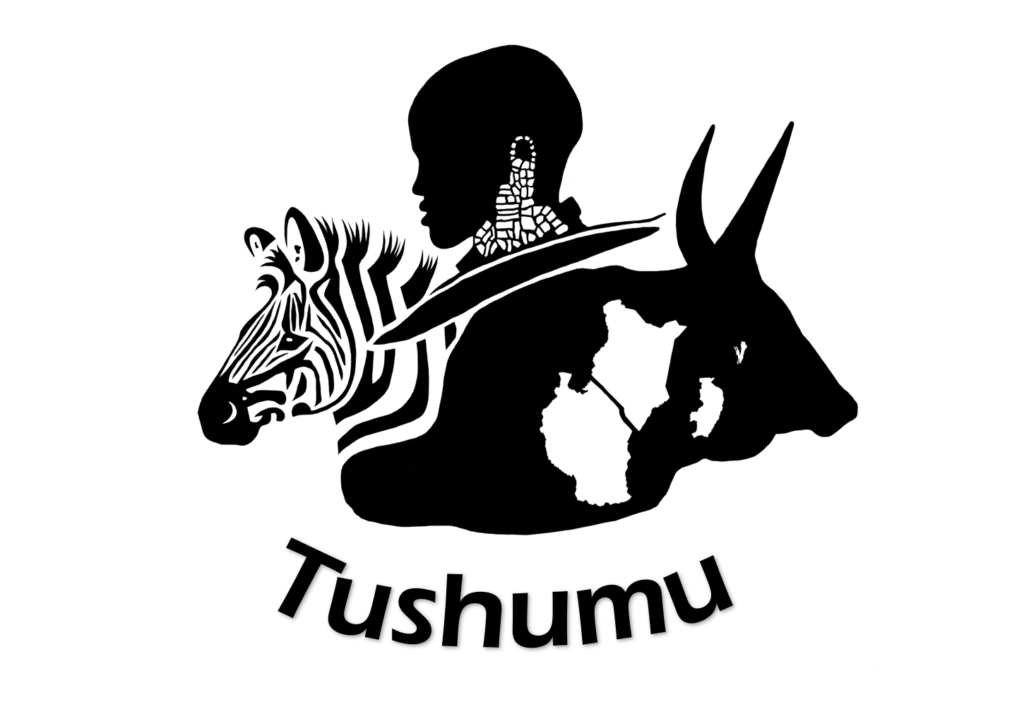Project Aims
To protect key biodiversity areas for sustainable trans-boundary management of rangelands and a water-catchment in Tanzania and Kenya.
The activities are tailored to meet two broad objectives:
Background
The project area is primarily inhabited by indigenous Maasai communities who depend on pastoralism as their main source of livelihood.
Geographic focus
In Tanzania the project targets the Lake Natron ecosystem, specifically the wards Gelai Merugoi and Gelai Lumbwa in Longido District. In Kenya the project focuses on communities within the Magadi and Loita locations, who are dependent on natural resources within the Ewaso Nyiro catchment.
Direct beneficiaries
Project outcomes
The project will generate four main outcomes: will improve the protection of the rangelands that form the vital water catchment of the Natron-Nguruman ecosystem; will strengthen women’s ability to cope with climate change through a more diversified portfolio of nature-based livelihoods they can count on in times of crisis, increasing their resilience to environmental shocks, will improve coexistence with wildlife through education, reduced livestock depredation, better livestock husbandry, and increased prey populations and will facilitate transboundary stakeholder’s dialogue in a key transboundary wildlife corridor, a key step to coordinate and optimise the conservation efforts in this very biodiverse stretch of land touching Kenya and Tanzania.
ACHIEVED SO FAR
3200 children from remote villages in the Natron ecosystem have enthusiastically attended the rangeland conservation weeks, full of engaging events and learning activities, these weeks have seen trainers and community elders explaining how to continue to co-exist peacefully in these vital biodiversity corridors by respecting grazing calendars, monitoring invasive plants and understanding the risks of climate change. The weeks culminated with the rangeland olympics which have been memorable for the BIOPAMA supported children who, generally, do not have many opportunities to play team sports.
104 women in the Loita range, Southern Rift, Kenya, have benefitted from a training in Marketplace Literacy. The training aims at empowering women in engaging in a more profitable way with formal market systems and it is based on a very well tested methodology which has seen more than 9000 pastoralist women trained in the past 4 years. This initiative is a great example of peer to peer transboundary collaboration and was implemented with the project partner SORALO.
One of the SORALO team members is now able to train more community members in Marketplace Literacy, and with the support of several local trainers from the BIOPAMA supported communities, Marketplace Literacy will be scalable without external support.
24 women from Loita in Kenya and Ketumbeine Tanzania have been trained on production of leather handicrafts and Kenyan women have already started independently producing and selling leather belts at the local market. In Tanzania the Ketumbeine women leather artisans have started tanning skins which have been already sold to local clients.
A group of 56 community members were selected among 6 villages in the Natron Landscape in Tanzania to be part of Human Wildlife Conflict workgroups which will be trained to spread good practices to enhance safe coexistence with wildlife.
